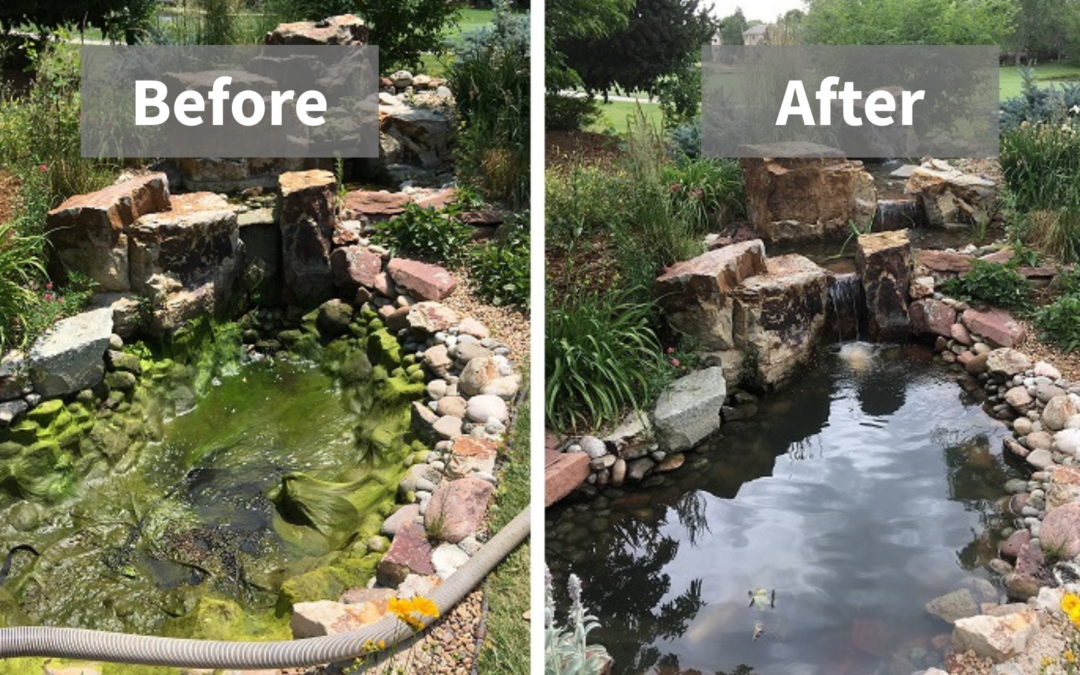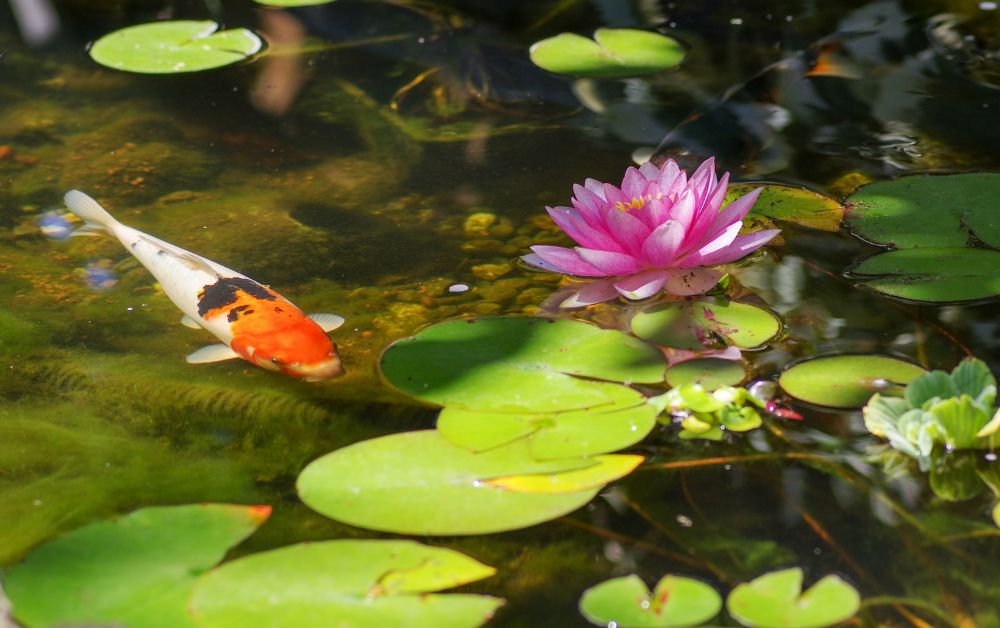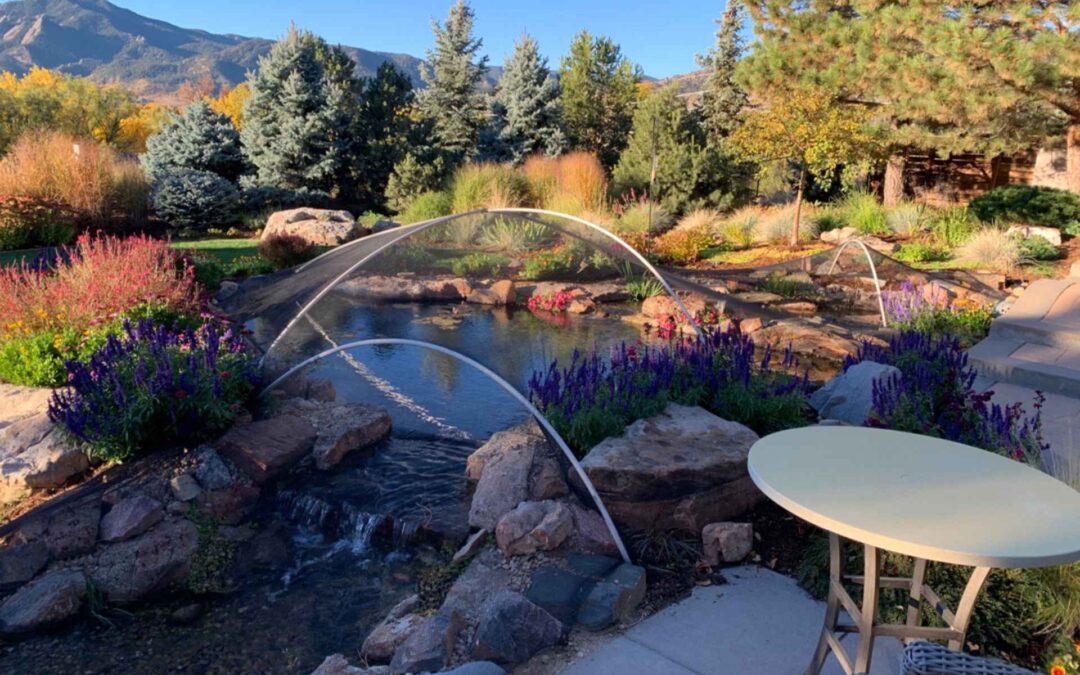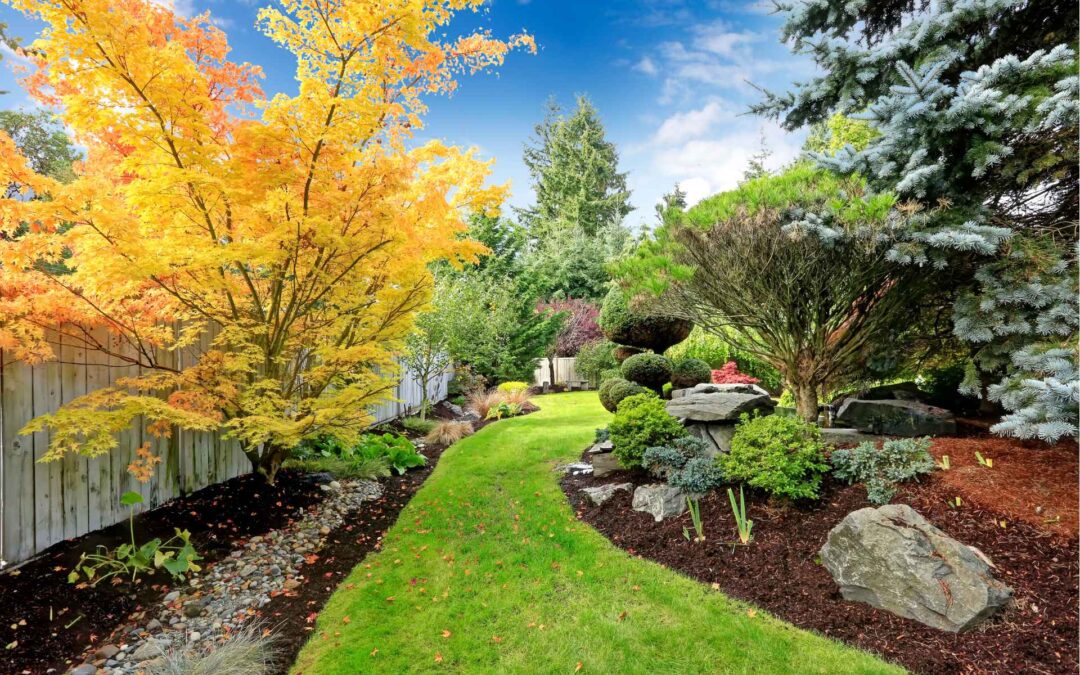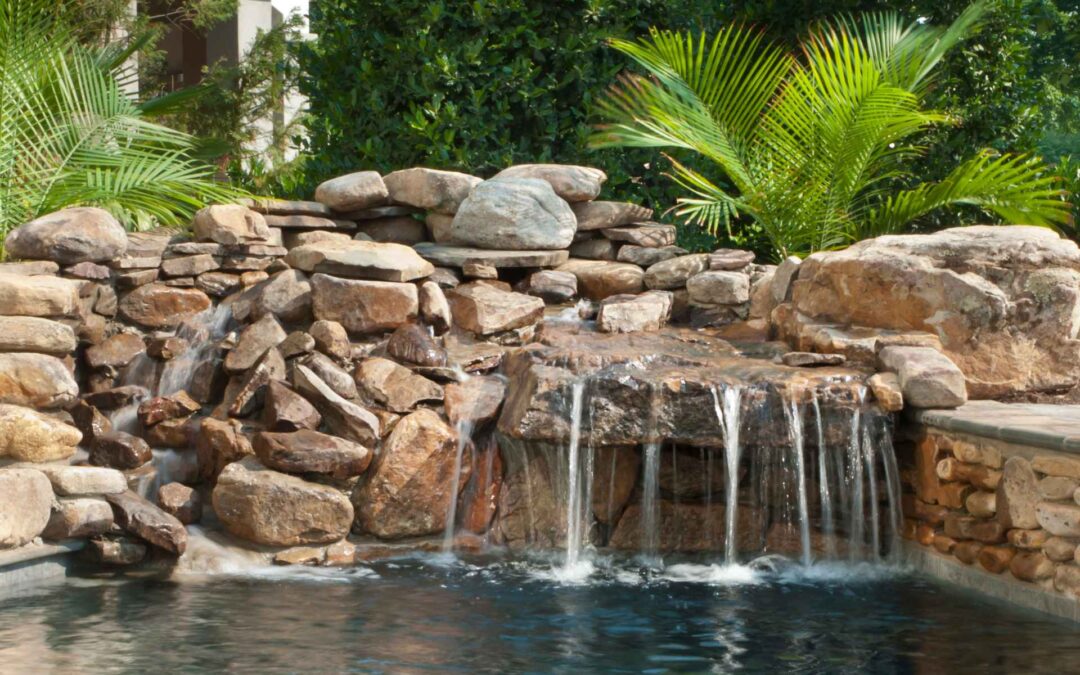What are Winters Like for Ponds in Colorado?
Winters can be very mild in Colorado when you are on the plains. We are in gardening Zone 5 which means although it gets cold, it doesn’t stay for long. Colorado has over 300 days of sunshine a year and far less snow than most out-of-staters imagine. Though the mountains certainly get more snow than we do on the plains.
That being said, if a pond is 36 inches deep, fish will overwinter in the pond just fine!
Preparation- The Benefits
This winter has produced many challenges thus far, but Colorado Pond Pros has been prepared for each twist and turn! The preparedness within our company proved to be of great benefit. Preparedness in your backyard pond will do the same thing. It ensures that the pond will continue to run and keep the koi and gold fish healthy over the winter. Regular pond maintenance is important for winter pond health. Ignoring the pond completely could lead to issues later in the spring or even in the middle of the winter.
When you know a snow storm is on the way take these basic steps before it hits:
- Clean out the skimmer basket—no one wants this getting clogged right in the middle of a storm!
- If the fall net is still up, take it down. The heavy snow will cause it to sag right into the pond.
- If the Autodose and Iongen are still in, remove them.
- If there is beneficial bacteria stored outside, bring it in. Store it somewhere it won’t freeze. If bacteria freezes it dies, rendering it useless!
- Take a look at the BioFalls® to make sure it isn’t too full of filter pads, lava rocks, or bio balls. Ice can divert water out so we want to make sure the water level isn’t overly high, causing water to escape over the side. This doesn’t usually happen, but it’s just something to keep an eye on.
Freezing Pipes?
As long as the water is flowing in the waterfall/stream, leave the pump on! Moving water doesn’t freeze—so keep the pipes from freezing. Remember, even if the waterfall is frozen on the top, it is likely running underneath the ice.
Pro Tips:
Evaporation happens in the winter; however, you should not be adding as much water to the system as you were in the summer.
After a month of not adding water, the pond level could be down by as much as 6 inches. If water is needed, make sure to use Detox dechlorinator when you have fish and are adding more than 20% of the pond volume.
Remember, in Colorado the hose must be disconnected from the faucet (spigot) when you are done using it. This is very important as pipes can freeze and rupture if left connected!
It’s cold and windy outside – so STAY IN!
If you’re ready for a new backyard pond, need a renovation of your pond landscaping or some pond maintenance, give your Colorado Pond Pros a call! And for more tips on winter ponds, read our blogs What Exactly is “Winterization” And Does Your System Need It? and Preparing the Pond for Brutal Cold: Are You Ready? And for some fun videos and before & afters, subscribe to our YouTube channel!


